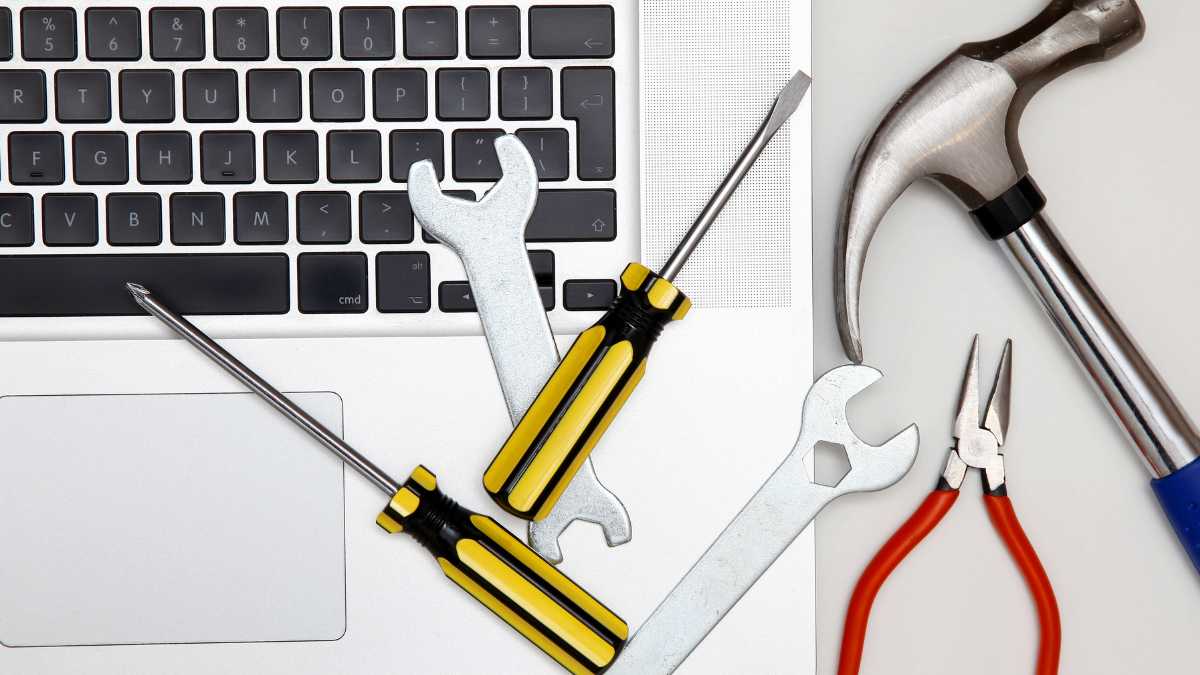In the fast-paced world of mobile app development, the journey doesn’t end with the launch of an application. Ignoring the critical aspect of app maintenance can lead to a cascade of issues that jeopardize the app’s security, user satisfaction, and overall competitiveness. In this guide, we’ll delve into the hidden risks of neglecting app maintenance and shed light on why developers should prioritize this ongoing process.
The Dangers of Neglect
Security Vulnerabilities
In the ever-evolving landscape of technology, the importance of app security cannot be overstated. Overlooking app maintenance exposes a mobile application to severe security vulnerabilities, posing a substantial risk to user data and the overall integrity of the application.
The Evolution of Cyber Threats
As technology progresses, so do the methods and sophistication of cyber threats. Regular app maintenance acts as a proactive defense mechanism. It enables developers to avoid potential security breaches by promptly identifying and addressing vulnerabilities. With each passing day, new threats emerge, making continuous maintenance crucial in safeguarding user information.
Patch and Protect
Regular maintenance empowers developers to patch security loopholes promptly. This process involves analyzing the codebase for vulnerabilities, releasing security updates, and ensuring that the app’s defense mechanisms are up-to-date. By taking a proactive stance, developers can prevent potential breaches, protect user privacy, and maintain the trust users place in the app.
User Trust and Reputation
Neglecting security maintenance not only puts user data at risk but also jeopardizes the trust users have in the application. A compromised app can lead to data breaches, identity theft, and a breach of user privacy. The fallout from such incidents can tarnish the reputation of the app, making it challenging to regain user trust even after implementing security measures.
User Dissatisfaction
User satisfaction is the cornerstone of a successful mobile application. Neglecting app maintenance has direct consequences on user experience, leading to dissatisfaction, negative reviews, and potential abandonment of the app.
Accumulation of Bugs and Outdated Features
A neglected app becomes a breeding ground for bugs and glitches. Over time, these issues accumulate, degrading the user experience. App crashes, slow performance, and unresponsiveness frustrate users, creating a negative impression. Additionally, as technology advances, user expectations rise, and features that were once cutting-edge become outdated. Neglecting to update and enhance features contributes to a stagnant user experience.
Impact on Reputation
A dissatisfied user base can quickly tarnish the reputation of an app. Negative reviews, uninstallations, and a decline in user engagement are common consequences of poor user experience. In the competitive app market, word-of-mouth can significantly impact an app’s success, and neglecting maintenance risks eroding the goodwill and positive reputation that the app has built.
Loss of Competitiveness
Staying competitive in the dynamic world of mobile apps requires a commitment to innovation and adaptation. Neglecting app maintenance means missing out on opportunities to evolve and meet the growing expectations of users.
Adaptation to Technological Advancements
Technology evolves rapidly, and user expectations evolve with it. Regular app maintenance is essential for adapting to the latest trends, incorporating new features, and ensuring compatibility with operating system updates. Apps that fail to keep up risk becoming outdated, losing their appeal to users who seek more contemporary and feature-rich experiences.
Risk of Obsolescence
Apps that do not evolve become vulnerable to obsolescence. Neglecting maintenance means foregoing opportunities to innovate and enhance the app’s functionality. Users, drawn to newer and more advanced applications, may migrate to competitors offering a more compelling and up-to-date experience. In the competitive app market, staying ahead of the curve is crucial for retaining users and attracting new ones.
Why Maintenance Matters

Continuous Improvement
App maintenance extends beyond the realm of fixing bugs; it’s a commitment to continuous improvement. Regular updates empower developers to refine, optimize, and expand upon existing features, ensuring that the app evolves in tandem with user needs and technological advancements.
Refining Existing Features
App maintenance provides developers with the opportunity to revisit and refine existing features based on user feedback and evolving design trends. This iterative process allows for enhancing user interfaces, streamlining workflows, and optimizing functionalities to create a more intuitive and enjoyable user experience.
Adding New Functionalities
Incorporating new functionalities through regular updates breathes life into the app. Whether it’s integrating cutting-edge technologies, introducing innovative features, or expanding the app’s capabilities, this continuous enhancement ensures that users have access to a dynamic and ever-improving product.
Demonstrating Commitment to Quality
By consistently delivering updates, developers signal a commitment to delivering a high-quality product. Users appreciate an app that not only meets their initial expectations but continually strives to exceed them. This proactive approach not only keeps users engaged but also fosters a sense of trust and loyalty.
Security as a Priority
Prioritizing app maintenance goes hand in hand with prioritizing the security of user data. Regular updates and security measures are essential for creating a robust and resilient app that users can trust with their sensitive information.
Regular Security Audits
Implementing regular security audits is a proactive step in identifying and addressing potential vulnerabilities. Through thorough assessments of the app’s codebase and infrastructure, developers can stay ahead of emerging security threats, ensuring that the app remains a secure environment for user data.
Prompt Patching of Vulnerabilities
Maintenance is the vehicle for promptly patching identified vulnerabilities. This swift response to potential security breaches is crucial for preventing unauthorized access, data leaks, and other cyber threats. Users are more likely to trust an app that is actively maintained and fortified against security risks.
Maintaining User Trust
A secure app is synonymous with a trustworthy app. Users are increasingly concerned about the safety of their data, and an app that prioritizes security becomes a reliable choice. By showcasing a commitment to user privacy and data protection, developers can maintain and strengthen the trust users place in their apps.
Staying Competitive
In the competitive world of mobile apps, staying relevant is synonymous with staying competitive. Regular app maintenance is the key to adapting to the ever-changing landscape, meeting user expectations, and retaining a competitive edge.
Adapting to Changing User Expectations
User expectations evolve with time, and maintenance allows developers to stay attuned to these changes. By actively seeking user feedback, analyzing trends, and incorporating valuable insights into updates, developers can align the app with the evolving preferences of their user base.
Incorporating New Technologies
Technology is in a constant state of flux, and maintaining an app ensures it remains compatible with the latest advancements. Whether it’s adopting new programming languages, integrating emerging technologies like AR or AI, or ensuring compatibility with the latest hardware, regular maintenance allows the app to embrace innovation.
Addressing Emerging Trends
The app landscape is shaped by trends, from design aesthetics to user interactions. Regular maintenance enables developers to address emerging trends swiftly, ensuring that the app remains contemporary and resonates with the current preferences of users.
Fostering Long-Term Success
In a crowded marketplace, adaptability is the key to long-term success. Regular maintenance not only attracts new users drawn to innovation but also retains the loyalty of existing users. By consistently providing a relevant, secure, and feature-rich experience, developers can foster the longevity and success of their app in a competitive environment.
Conclusion
App maintenance is not a one-time task but an ongoing commitment to the health and success of your application. By understanding the hidden risks of neglecting maintenance—such as security vulnerabilities, user dissatisfaction, and loss of competitiveness—developers can make informed decisions that contribute to the sustained success of their apps. Prioritizing maintenance isn’t just a best practice; it’s a crucial investment in the longevity and prosperity of your mobile application.





100% true